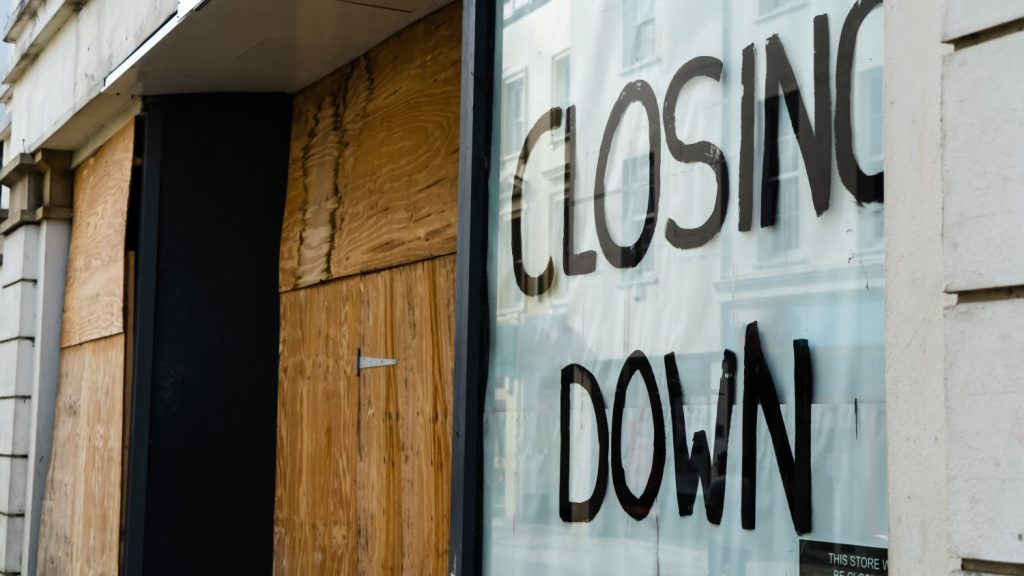The closure of a Kaspa’s Desserts branch in Basildon, UK, highlights the precarious position of many businesses in the current economic climate. The popular dessert parlour, known for its vibrant décor and extensive menu, was forced to shut down after failing to pay rent for three years, accumulating significant arrears. Basildon Council, the landlord, issued a forfeiture notice, reclaiming the property after repeated attempts to recover the owed rent. The council leader, Gavin Callaghan, publicly announced the closure, emphasizing the council’s responsibility to protect taxpayer investments and the necessity of enforcing lease agreements. This incident underscores the difficult choices faced by local authorities when businesses struggle to meet their financial obligations.
Kaspa’s operates under a franchise model, placing the responsibility of rent payments on individual franchise owners rather than the broader company. This structure means that the financial health of each branch is largely independent, leaving local operators vulnerable to economic downturns and specific market challenges. While the Kaspa’s brand name attracts customers, individual franchisees bear the brunt of operational costs, including rent, utilities, and staffing. In the Basildon case, the franchisee’s failure to pay rent ultimately led to the closure, highlighting the risks associated with the franchise model, particularly during periods of economic instability.
The Basildon community expressed surprise and disappointment at the closure. Kaspa’s had established a loyal customer base, drawn to its diverse menu of sweet treats and central location within the Vue cinema complex. The sudden closure left a gap in the local dining scene and raised questions about the financial viability of businesses in the area. While the council expressed a desire to support local businesses, the non-payment of rent for such an extended period ultimately forced their hand. This case serves as a reminder of the delicate balance between fostering a thriving business environment and safeguarding public funds.
Beyond the specifics of the Kaspa’s closure, the incident reflects broader challenges facing the retail sector in the UK. The post-pandemic landscape, coupled with rising inflation and a cost-of-living crisis, has created significant headwinds for businesses. Factors like increased energy costs, shifting consumer habits towards online shopping, and rising employment costs have squeezed profit margins and contributed to store closures across the country. The British Retail Consortium has highlighted the impact of rising National Insurance Contributions and minimum wage increases on the retail sector, predicting significant cost burdens for businesses.
The Centre for Retail Research paints a bleak picture of the retail landscape, forecasting a wave of store closures and job losses in the coming years. The research suggests that thousands of retail sites are at risk of shutting down, reflecting the sustained pressure on the industry. Furthermore, the anticipated job losses in the retail sector signal the human cost of these economic challenges, potentially impacting thousands of families and communities. The combination of rising operational costs, changing consumer behaviour, and economic uncertainty creates a perfect storm for retailers, highlighting the need for adaptable business models and supportive government policies.
The Kaspa’s closure in Basildon serves as a microcosm of the larger struggles within the UK retail sector. While the specific circumstances relate to unpaid rent, the broader context of economic hardship and evolving consumer patterns cannot be ignored. This incident underscores the challenges faced by both individual businesses and the wider economy, raising questions about the long-term viability of traditional retail models and the need for innovative solutions to navigate the changing landscape. The ripples of this closure extend beyond the local community, serving as a cautionary tale for businesses and policymakers alike.











